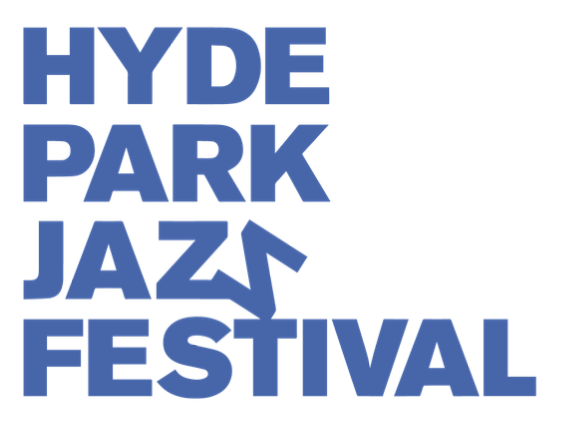Flutist Nicole Mitchell driving force in bringing Mali musicians to Chicago
By Howard Reich
April 4, 2017 at 11:06 am
For years, the genre-bending flutist Nicole Mitchell has dreamed of collaborating with musicians from Mali.
The mystical sounds of the balafon and kora — akin to the marimba and harp — caught her ear when she was a student at Oberlin Conservatory in the late 1980s, even before she became a leading Chicago instrumentalist-bandleader in the 1990s.
After she left the city in 2011 to teach at the University of California at Irvine, she hoped to overcome formidable obstacles of geography, funding and genre to play with Malian counterparts.
Come September, Mitchell's long-delayed aspirations will be realized in Chicago, thanks to a unique convergence of support from the Hyde Park Jazz Festival, World Music Festival Chicago, Ravinia Festival and MacArthur Foundation.
On Sept. 23, Mitchell and her Black Earth Ensemble will play the world premiere of commissioned work with kora master Ballake Sissoko and colleagues Fassery Diabate on balafon and Fatim Kouyate on vocals. They'll present two performances of "Bamako*Chicago Sound System" at the University of Chicago's Logan Center, co-sponsored by the Hyde Park Jazz Festival and the World Music Festival.
In the days leading up to the concerts, Mitchell and her Malian colleagues will take their music and life stories to the Chicago public schools, offering students a window into a culture far removed from their own.
"Cultural exchange at this moment, particularly with international artists, is important, as we all try to remember how big the world is," says Kate Dumbleton, executive and artistic director of the Hyde Park Jazz Festival.
Having run into the flutist at Chicago cellist Tomeka Reid's Chicago Jazz String Summit last May, Dumbleton recognized Mitchell's enthusiasm for the Mali project and recalled receiving requests-for-proposals from the MacArthur Foundation for international exchanges.
"We had literally like two days to put together the whole proposal, because the deadline was coming," says Dumbleton.
"We scrambled like crazy. I hit the send button one minute before the deadline. … We were totally shocked when we were invited to do the project."
The invitation came with a $35,000 grant from the MacArthur Foundation, though that was just the beginning of Dumbleton's and Mitchell's work in fundraising and event planning.
"One of the major challenges is that the visas application process is really so complex now and fraught," says Dumbleton.
"You have to account for every single day that everyone's here. The planning process is expedited beyond belief. To try to raise all the funds necessary to do every aspect of the project, and to do it nine months out, to be sure we have the visas, is really challenging."
Nonetheless, Mitchell and Dumbleton are not easily deterred and command deep support in the Chicago cultural community.
When they took the idea to the World Music Festival, they were welcomed.
"Kate is very open-minded and progressive in her bookings, and I think she saw what we saw in Nicole: She's an artist in the jazz tradition, but she's in no way bound by that," says Carlos Tortolero, who directs the World Music Festival with David Chavez.
"Ballake Sissoko is not a lightweight," continues Tortolero. "He's a monster figure in the kora music world and Malian music."
As for Mitchell's previous challenges in finding adequate support for this venture, "The purists that dominate the jazz bookings scene, they don't look at these projects as jazz projects, which they are," says Tortolero.
But performance was just one facet of Mitchell's vision. She also was determined to bring this cross-genre music to kids in the classroom.
“I spent almost a decade working in Chicago's public schools as a teaching artist, and I know how so many of the schools on the South and West sides of Chicago don't have the resources they should have,” says Mitchell in an email, amid her international travels.
“But music can be life-changing. It saved my life when I was a youth. For some of these youths to have the opportunity to meet Ballake and his friends and to hear their music is something that could be life-changing. … They could see that there is something else, something beautiful, something they are connected to.”
